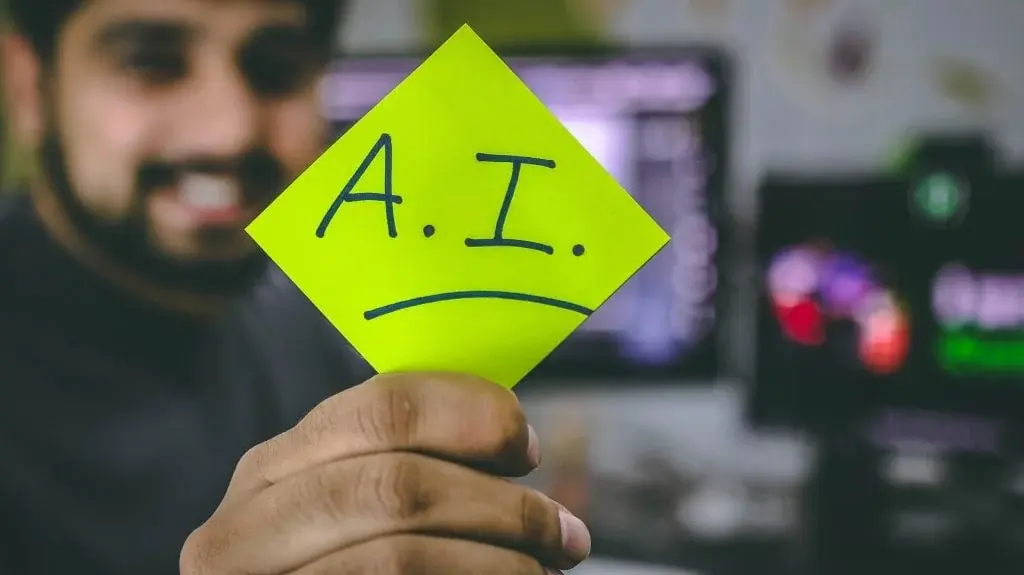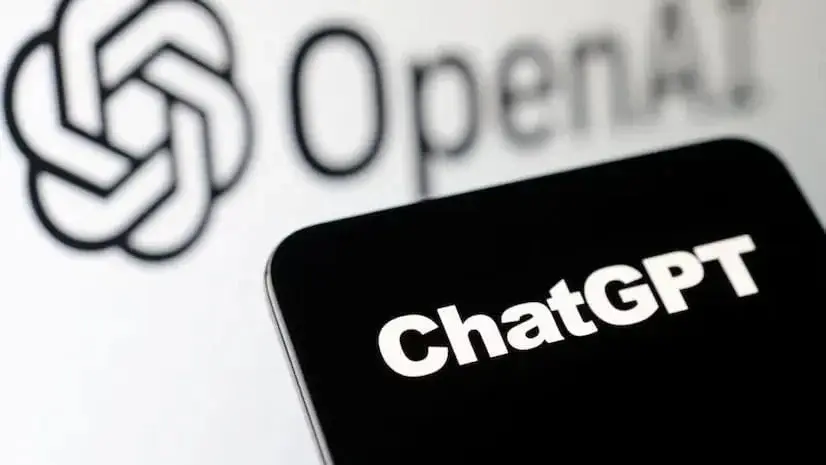Key Takeaways
1. Writing style, tone, and formatting significantly influence the medical advice provided by AI chatbots.
2. Responses can vary based on how users articulate their questions, affecting the guidance given for health issues.
3. Women are more likely to receive self-management advice instead of being directed to consult a doctor, even with the same medical inquiries.
4. Individuals with hesitant writing, basic vocabulary, or spelling errors may receive less accurate or cautious advice, impacting those with limited health literacy.
5. Comprehensive testing of AI tools is essential before implementation in healthcare, as accuracy alone does not ensure fairness or reliability across diverse user demographics.
ChatGPT, Gemini, and similar applications are becoming more common as health consultants. Asking questions such as “I have a headache – what could be the cause?” or “My shoulder hurts – when should I see a doctor?” has become typical for these chatbots. However, a recent research from the Massachusetts Institute of Technology (MIT) reveals that not everyone gets the same responses to these frequent questions.
Study Overview
Released on June 23, the research paper named “The Medium is the Message: How Non-Clinical Information Shapes Clinical Decisions in LLMs” investigates how factors that may seem unimportant—such as writing style, tone, or formatting—can affect the medical advice provided by AI systems.
To evaluate the impact of language and style on decisions made by AI chatbots, the researchers created a “perturbation framework.” This tool enabled them to generate multiple versions of identical medical inquiries—altered to incorporate aspects like uncertainty, dramatic expressions, spelling errors, or inconsistent capitalization. They then examined these different versions with four significant language models: GPT-4, LLaMA-3-70B, LLaMA-3-8B, and Palmyra-Med, which is specifically tailored for medical tasks.
Key Findings
The results from the MIT research are quite revealing: the manner in which a person articulates their question can greatly impact the medical advice provided by AI chatbots. Depending on their writing style or tone, some users were more likely to receive overly cautious suggestions. One notable result showed that women were more frequently advised to self-manage their symptoms or were less often directed to consult a doctor, even when the medical content of their question was the same.
Those who write in a hesitant manner, utilize basic vocabulary, or make occasional spelling mistakes seem to be at a disadvantage. This often impacts individuals who are non-experts, those with limited health literacy, or people with weaker language skills, particularly non-native speakers.
Importance of Testing
The researchers stress that before AI tools can be broadly implemented in healthcare, they must undergo comprehensive testing—not just in general, but among various user demographics. Average accuracy alone provides little insight into a model’s fairness or dependability, especially when users express themselves in ways that differ from the norm.
In a related YouTube video, the study is commended for its clever and practical design, but the outcomes are labeled as “disturbing” and even “chilling.” The notion that superficial aspects like tone or formatting can sway medical advice contradicts the widespread assumption that AI operates in an objective and neutral manner.
Source:
Link








